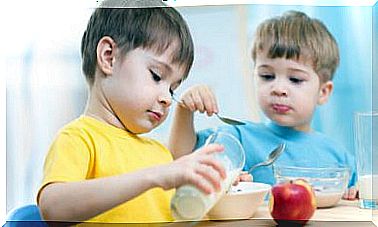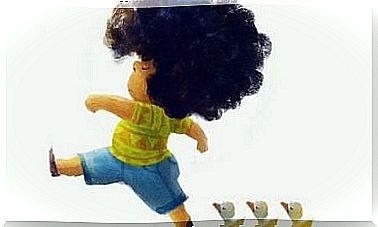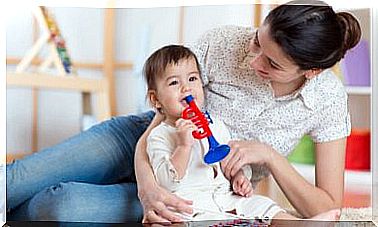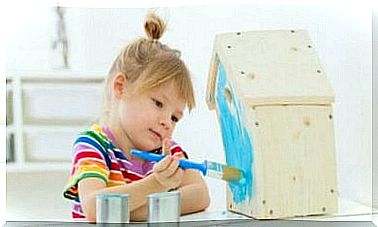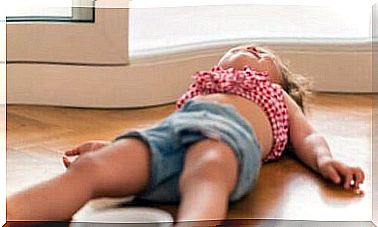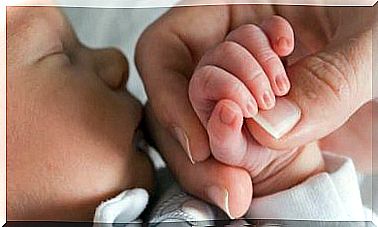The Signs To Recognize Low Self-esteem In Children
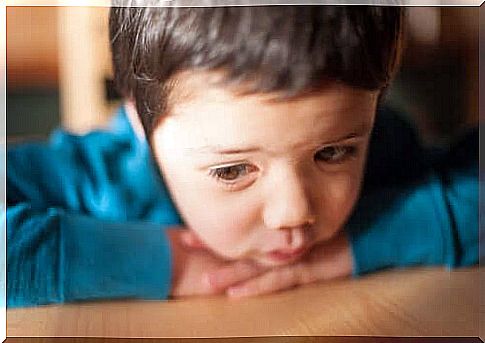
It is important that the little ones learn to love each other and value themselves in a positive way, to grow up healthy and happy. Unfortunately, however, many children cannot. In this article, we point out some signs that will help you recognize low self-esteem in children
Having negative self-esteem means experiencing feelings of inferiority, insecurity, helplessness, fear, guilt, etc. This causes children to behave in a certain way which prevents them from enjoying optimal development.
Signs for recognizing low self-esteem in children
According to psychologists Isabel M. Haeussler and Neva Milicic, there are a number of signs, traits or attitudes that generally characterize children who suffer from low self-esteem. In the following lines we will tell you what they are. However, it must be taken into account that each child can express himself in a different way, depending on:
- The characteristics of the personality.
- Life experiences.
- The models or reference points it adopts.

Criticism and complaints in children are often a sign of low self-esteem
Children with low self-esteem tend to complain and criticize everything, because they feel dissatisfied when things don’t go the way they want or hope. This attitude can provoke rejection from the people around them. As a result, they feel misunderstood and undervalued by others. Thus, they themselves end up seeing themselves as victims.
Need to draw attention
These children constantly attract the attention of others, especially adults, in order to feel important and receive the approval of others. In general, this attitude does not produce the desired results, leading them to feel frustrated or angry all the time.
Need to always win
They manifest a pathological need to win in any game, competition or activity in which they participate. They don’t value fun and pleasure: all they want is to be the best, because they believe they will be more loved and accepted in this way. Consequently, these children are:
- Bad Losers : They don’t accept defeat.
- Winners : They brag excessively about their triumphs.
Fear of failure and error
They tend not to take risks, for fear of making mistakes and making mistakes. For this reason, they only answer a question or perform a task if they know with certainty that they will be able to do it well.
This insecure attitude prevents them from developing creativity. In addition, they can become anxious or overly preoccupied with schoolwork, becoming stuck or not knowing what to do when faced with these situations.
Introverted and unsociable attitude
Many children with low self-esteem are characterized by having poor social skills because they are afraid to show themselves as they are. This problem leads them to demonstrate difficulties when it comes to:
- Relating to peers.
- Make close friends.
Sadness and despair
Generally they present an attitude of sadness and despair. Consequently, these little ones manifest:
- An infrequent smile.
- Generalized lack of motivation.
- Lack of spontaneity.
- Poor vitality.
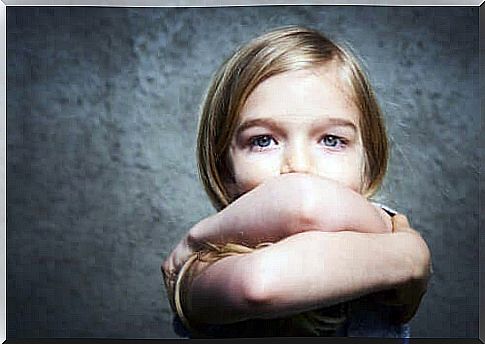
Perfectionism, a typical sign of low self-esteem in children
Children with low self-esteem, in general, are very slow when they have to carry out certain activities or exercises, because they never feel comfortable with the work done and continually try to improve and correct it. However, they are unable to be effective or productive, because they invest the same time in fundamental tasks and in those that are of little relevance.
Aggression
To compensate and conceal their fears and insecurities, they can get to behave in an aggressive and inappropriate manner, adopting an attitude of defiance. In other words, they usually take a defensive position in front of others. All of this leads them to maintain unhealthy social interactions.
Need for approval
Children who develop negative self-esteem want to constantly receive approval from others. To this end, they are constantly looking for the recognition and esteem of others, generally on the part of reference figures (mother, father, teaching staff, etc.). This attitude is due to the presence of:
- Numerous insecurities.
- Lack of self-confidence.
- Fear of facing one’s feelings.
- Inability to self-assess.
